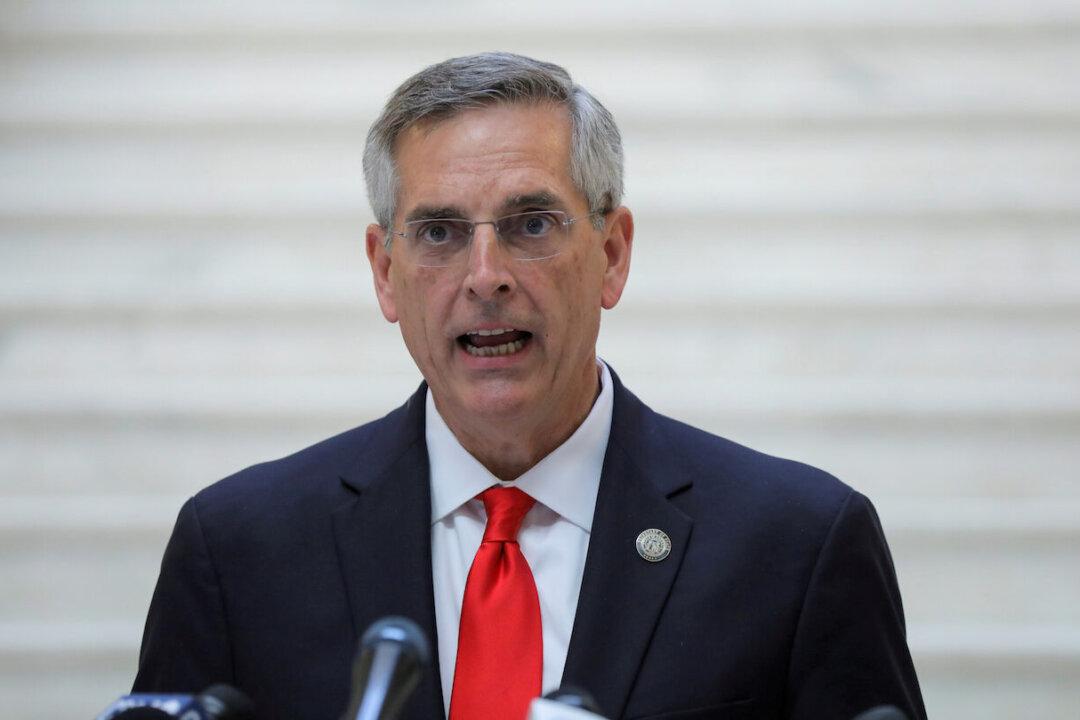The Georgia Secretary of State’s office on Monday launched an investigation into a phone call former President Donald Trump had with Secretary of State Brad Raffensperger over settling two lawsuits filed by Trump and his lawyers.
An official with Raffensperger’s office confirmed to The Epoch Times that an investigation was started on Feb. 8 into the phone call.




